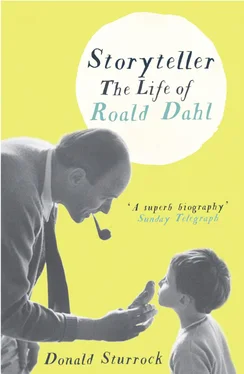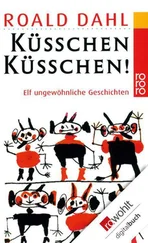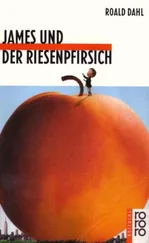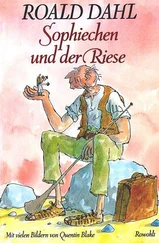This acute sense of the ecstasy and agony of childhood — of the strange opposition of happiness and sadness, reality and fantasy, success and failure — was something that Dahl never forgot. It remained familiar to him all his life. He remembered with ease how a child sees the world, how isolated he or she can feel even within the bosom of the family, how quickly they must adapt to new experiences, and how odd the world of adults can seem when viewed through younger eyes. As he was to write of the young matron at St Peter’s, “it made no difference whether she was twenty-eight or sixty-eight because to us a grown-up was a grown-up and all grownups were dangerous creatures”. 91In later life, some adults would find this “childish” aspect to his personality irritating. They objected to it either in his writing, which they accused of coarseness and vulgarity, or when it was manifested personally in boastfulness, bragging or contentiousness. Yet, what came with it was an ever present sense of wonder. This imaginative verve was essential to his nature and in many ways, the keystone of all his writing — both for adults and children. It could result in the grotesque and repulsive, for which he would become notorious, but it could also be tender and elegiac, dark and mysterious. Expressed in spare, simple prose that sometimes verged on the poetic, Dahl’s sense of the child’s perspective was always sure-footed, and often immensely powerful. “I cannot possibly describe to you what it felt like to be standing alone in the pitchy blackness of that silent wood in the small hours of the night,” he wrote in Danny the Champion of the World, describing a child who has got lost in the forest. “The sense of loneliness was overwhelming, the silence as deep as death, and the only sounds were the ones I made myself…. I had a queer feeling that the whole wood was listening with me, the trees and the bushes, the little animals hiding in the undergrowth and the birds roosting in the branches. All were listening. Even the silence was listening. Silence was listening to silence.” 92
* Not 150, as Dahl recalls in Boy, p. 72.
† This was equivalent to year four in current UK educational practice and sixth grade in the United States and Canada.
‡ In the traditional form of the game, as played by generations of schoolchildren, the seed of a horse chestnut, a conker, is suspended on a string and then used to strike another conker similarly suspended. When one of the two is destroyed, the survivor is declared victorious. A winning conker assumes the score of all its victim’s preceding foes.
Конец ознакомительного фрагмента.
Текст предоставлен ООО «ЛитРес».
Прочитайте эту книгу целиком, купив полную легальную версию на ЛитРес.
Безопасно оплатить книгу можно банковской картой Visa, MasterCard, Maestro, со счета мобильного телефона, с платежного терминала, в салоне МТС или Связной, через PayPal, WebMoney, Яндекс.Деньги, QIWI Кошелек, бонусными картами или другим удобным Вам способом.








